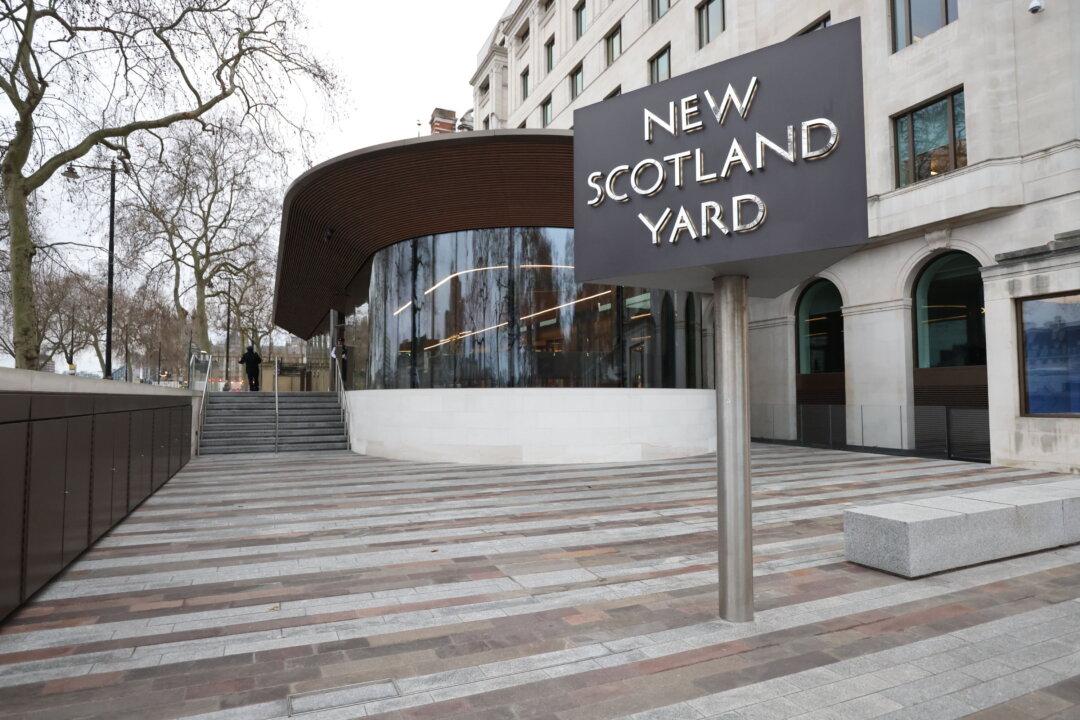London’s Metropolitan Police has failed to learn all the lessons from the unsolved murder of Daniel Morgan in 1987, and the force’s anti-corruption arrangements and procedures are “fundamentally flawed,” a police watchdog has found.
Her Majesty’s Inspectorate of Constabulary and Fire and Rescue Services (HMICFRS) on Tuesday published its inspection report (pdf) of the Met, concluding the force’s approach to tackling police corruption is “not fit for purpose.”





